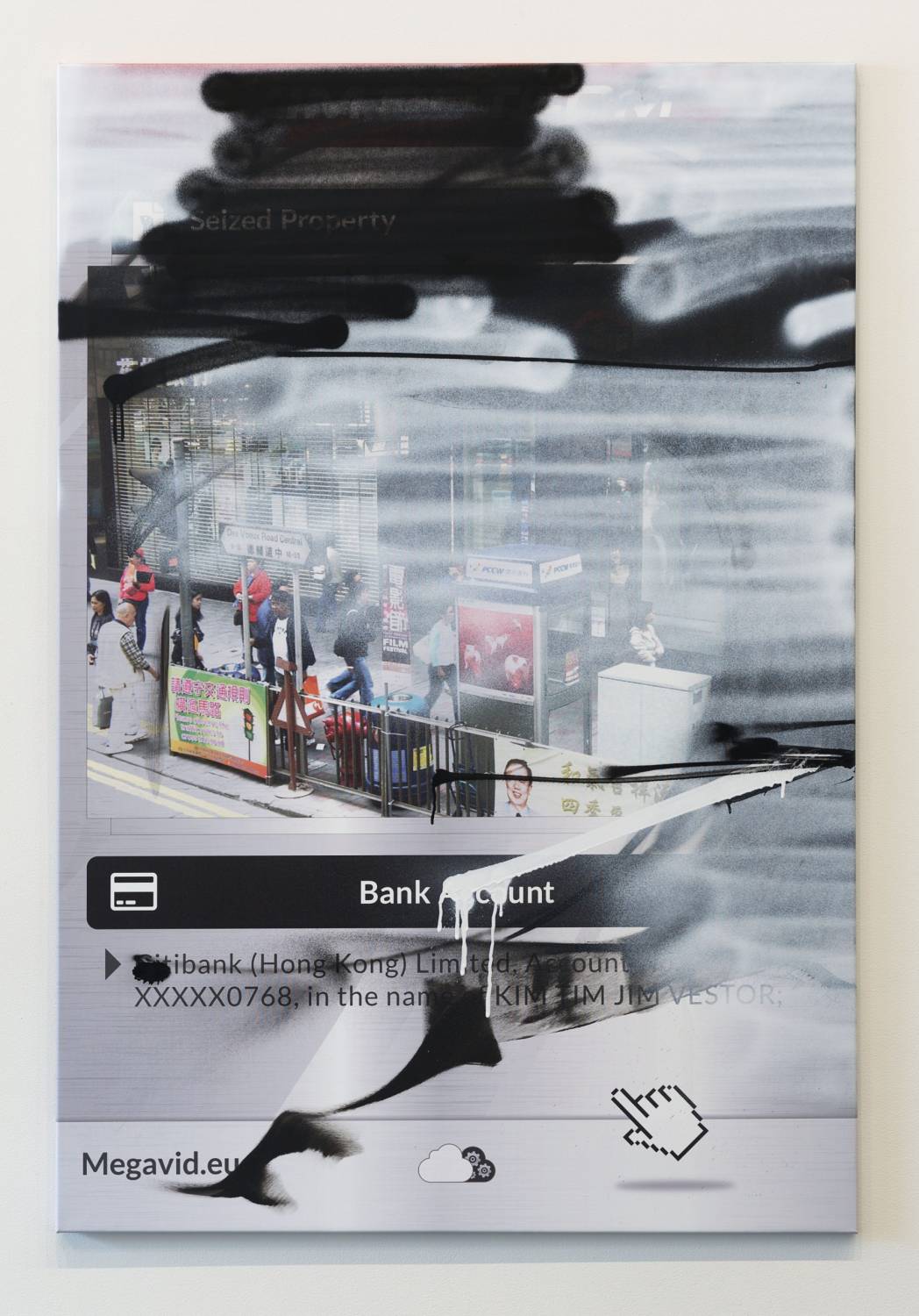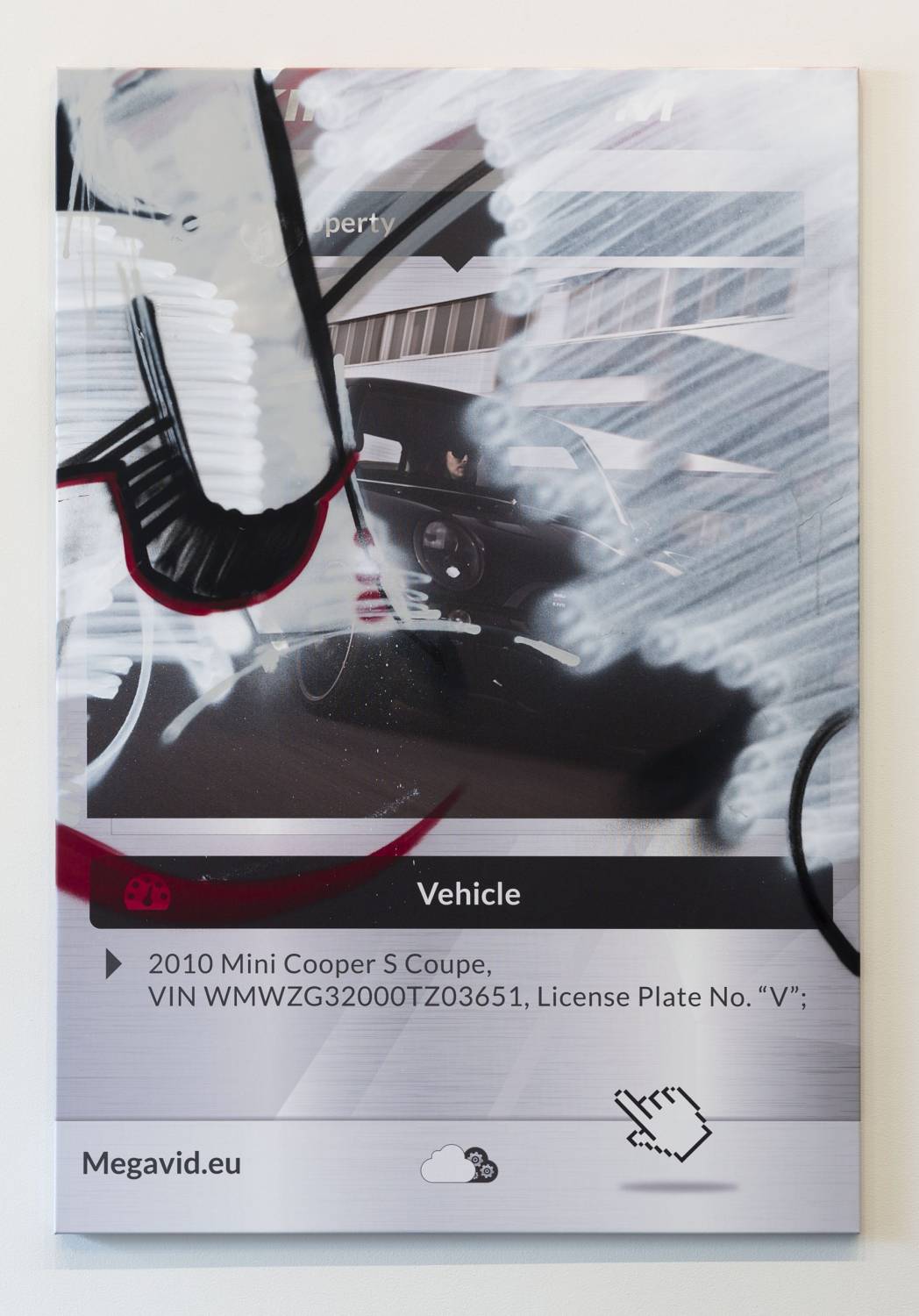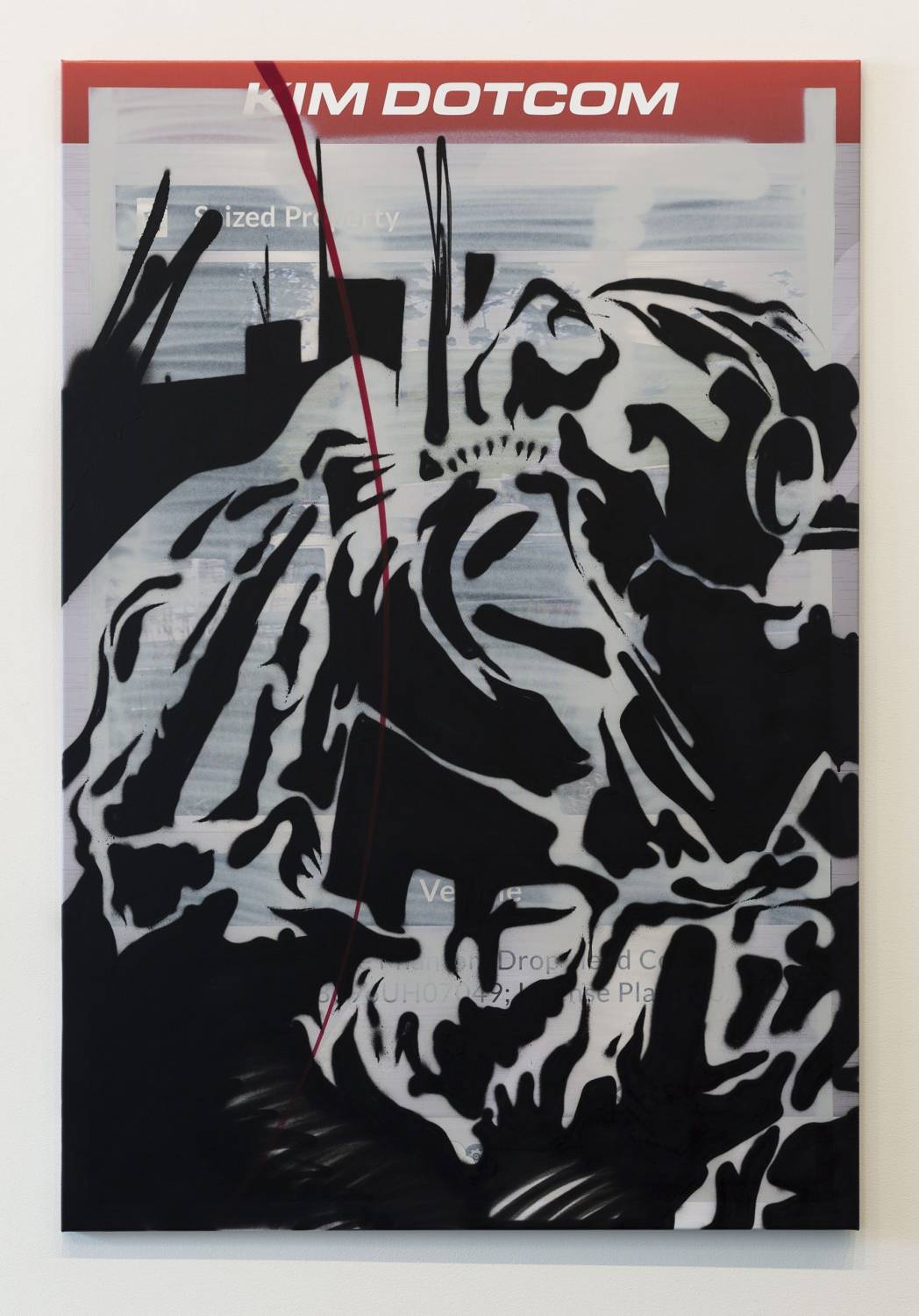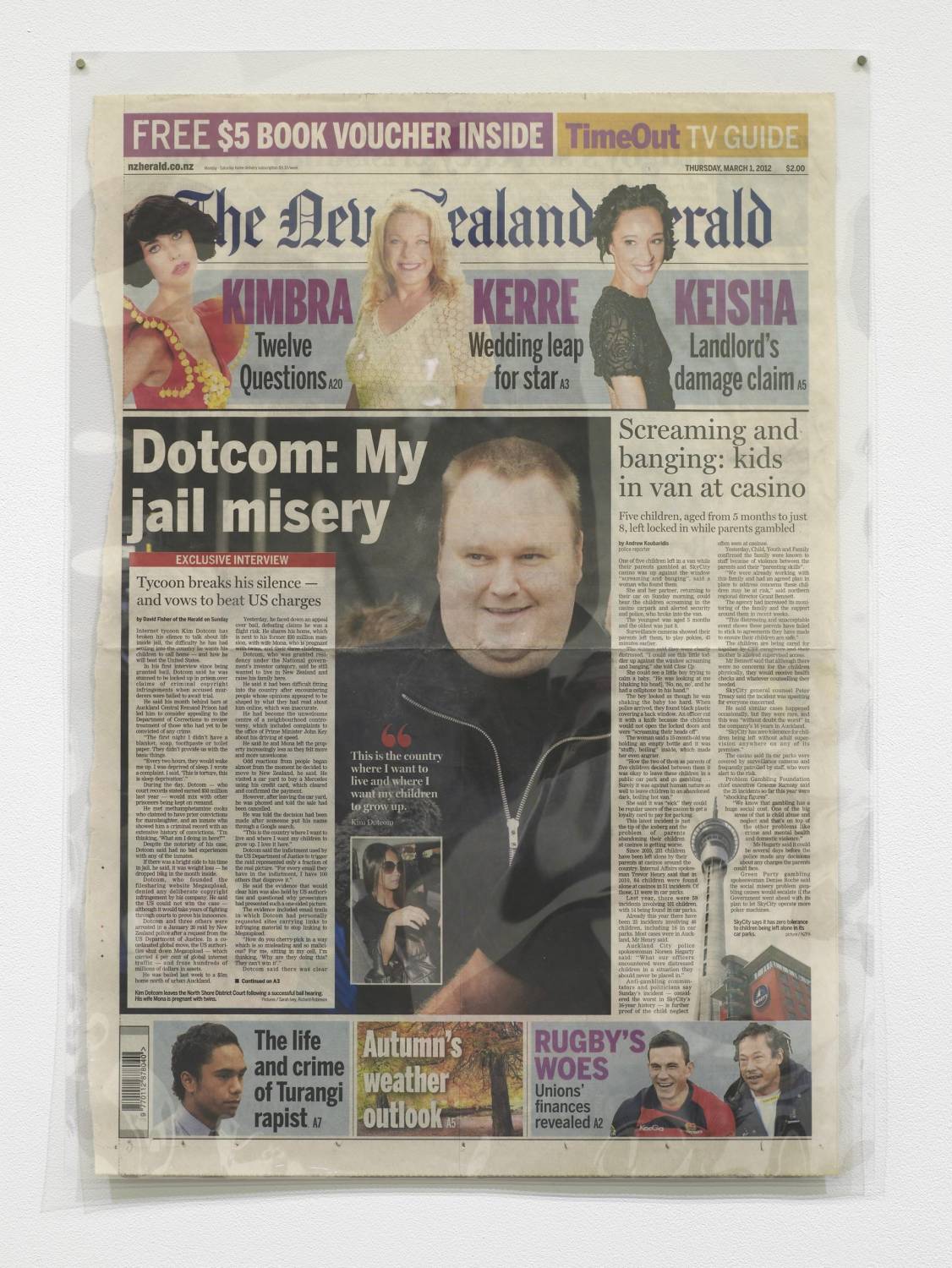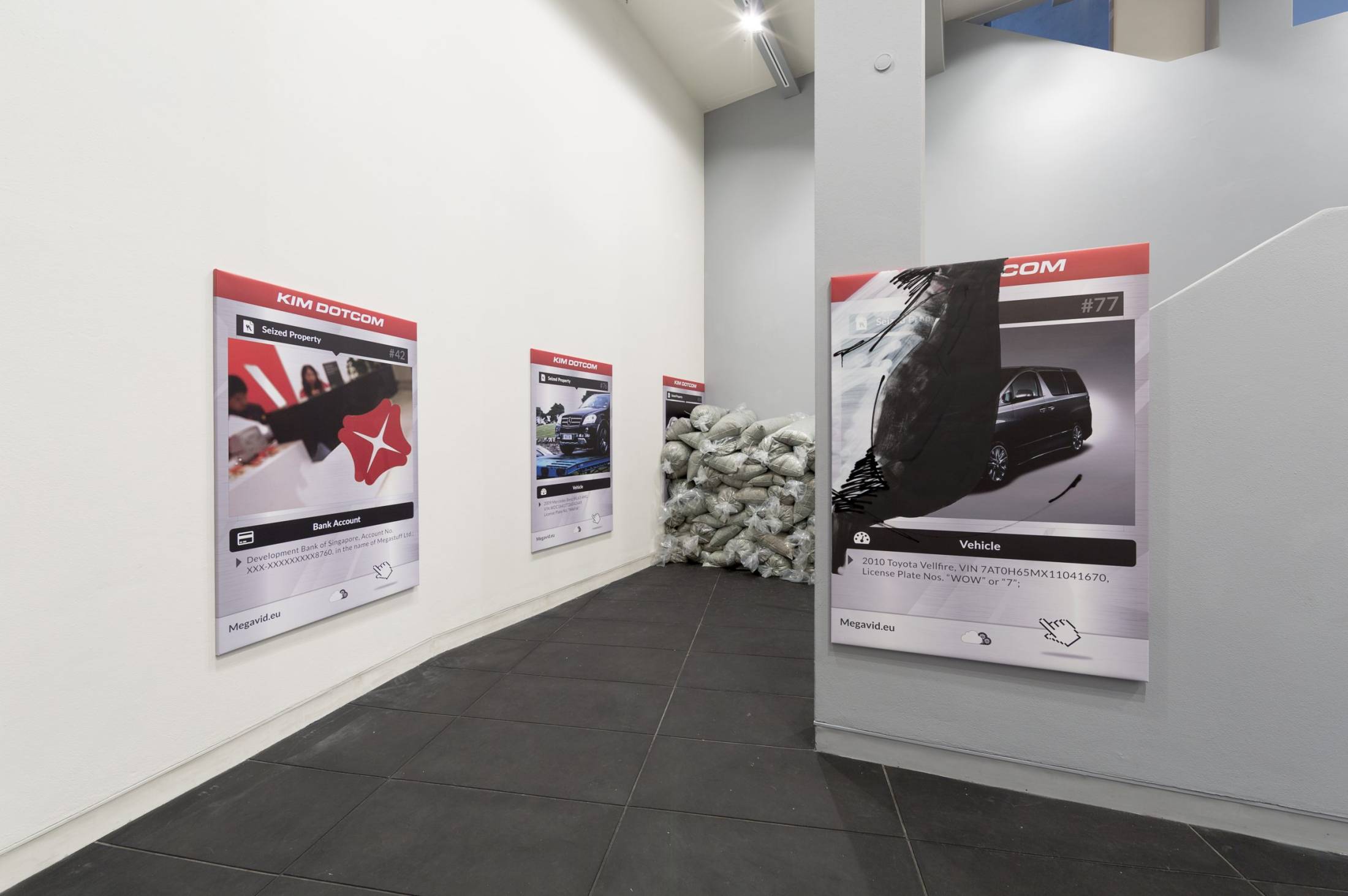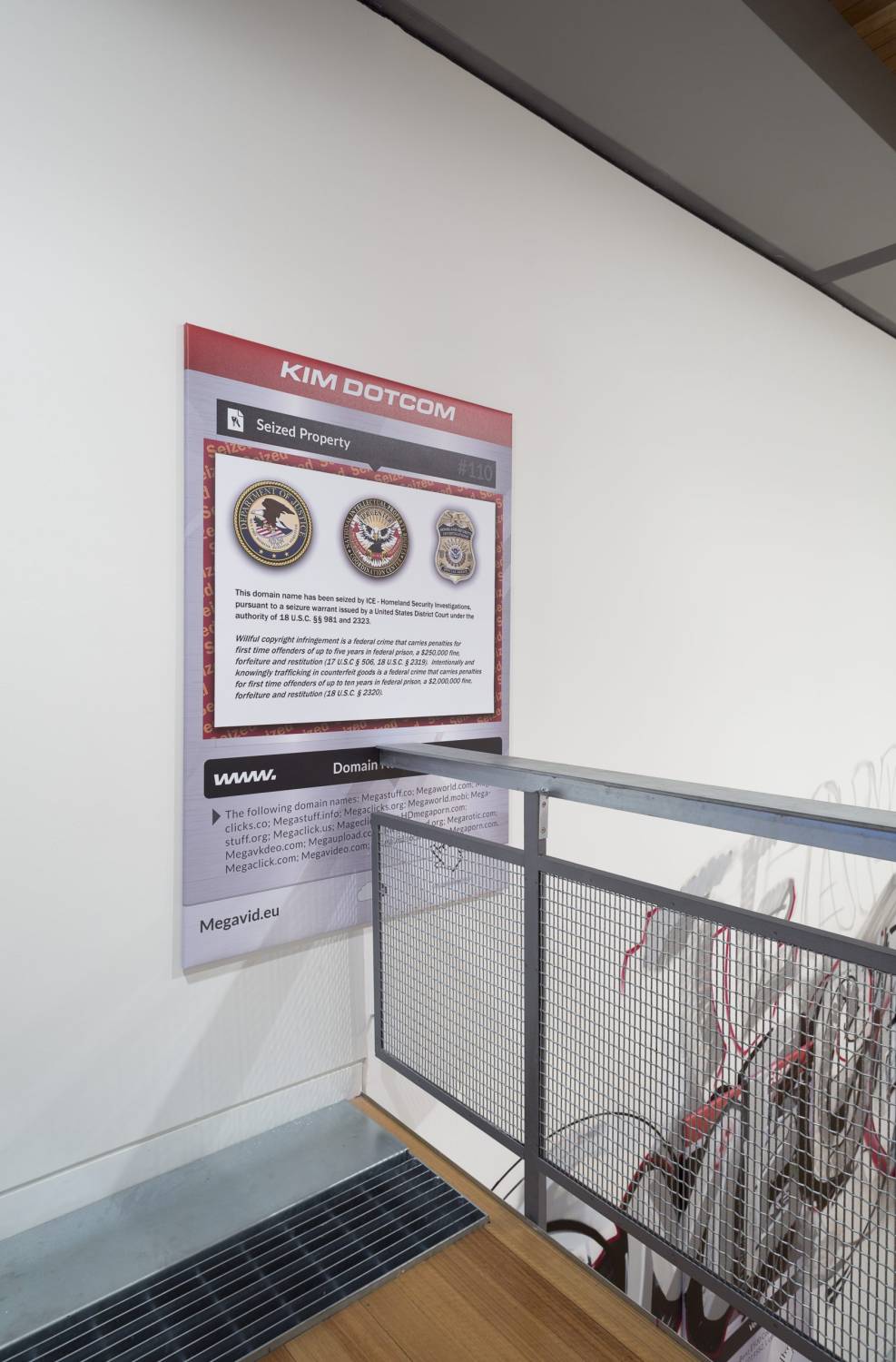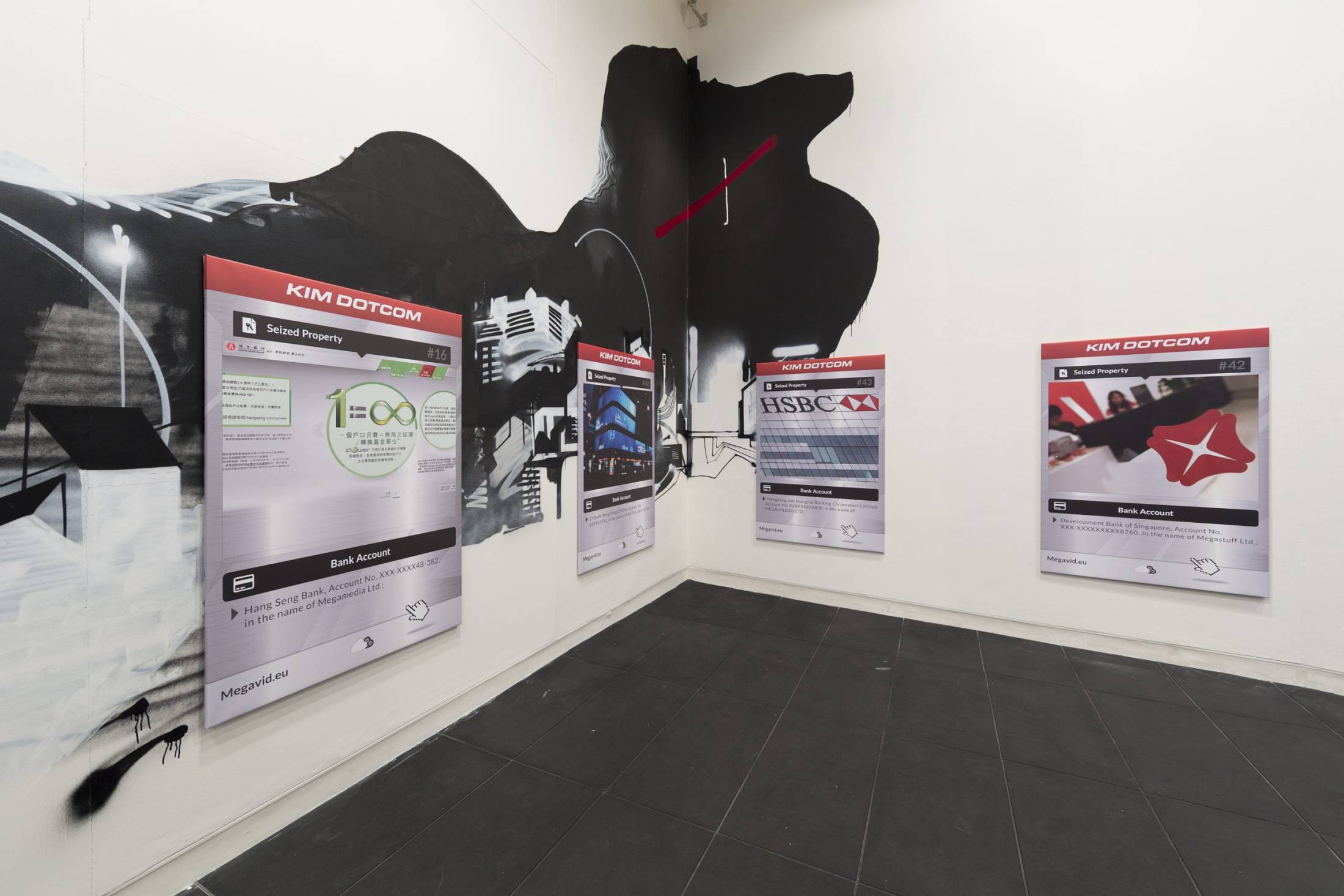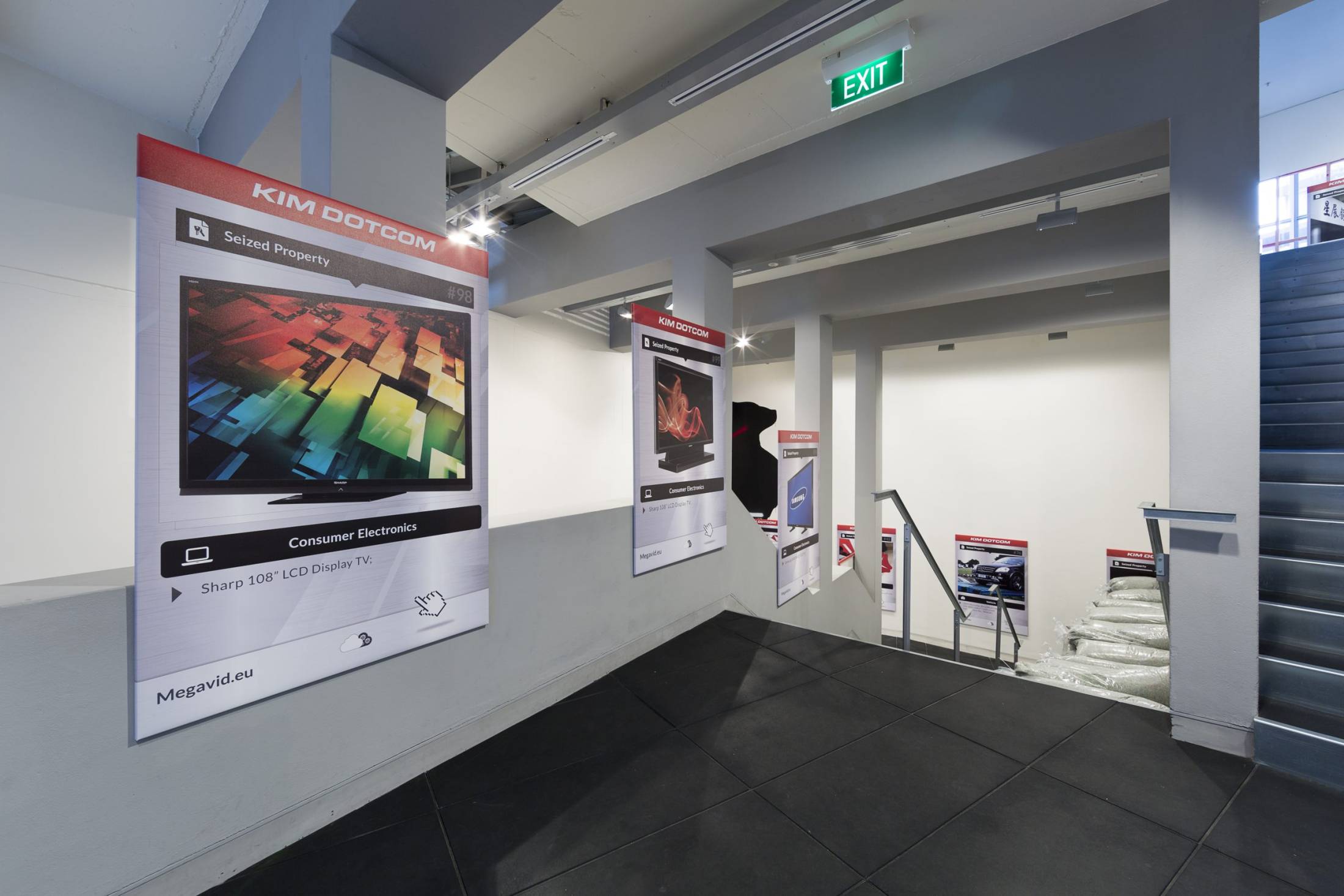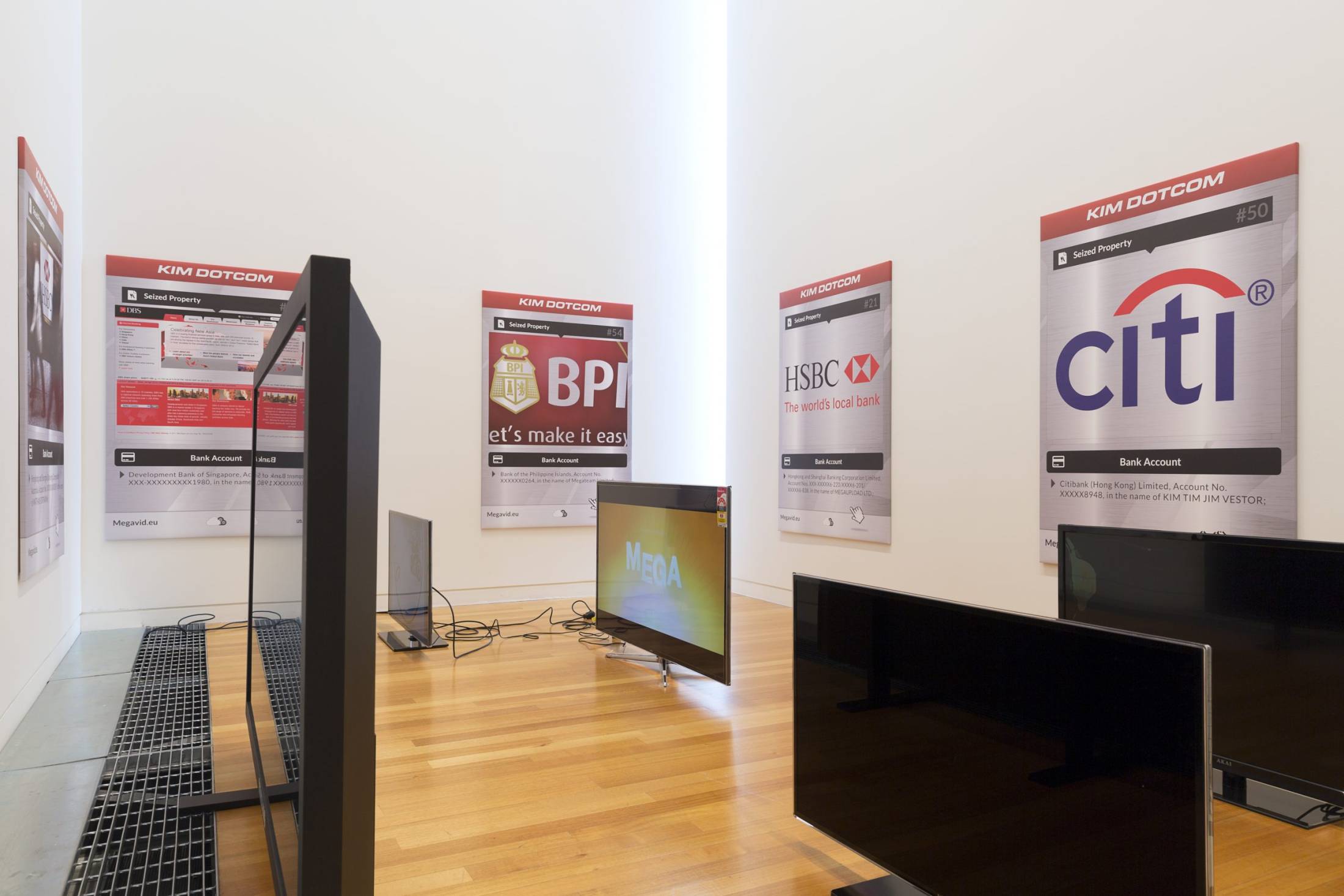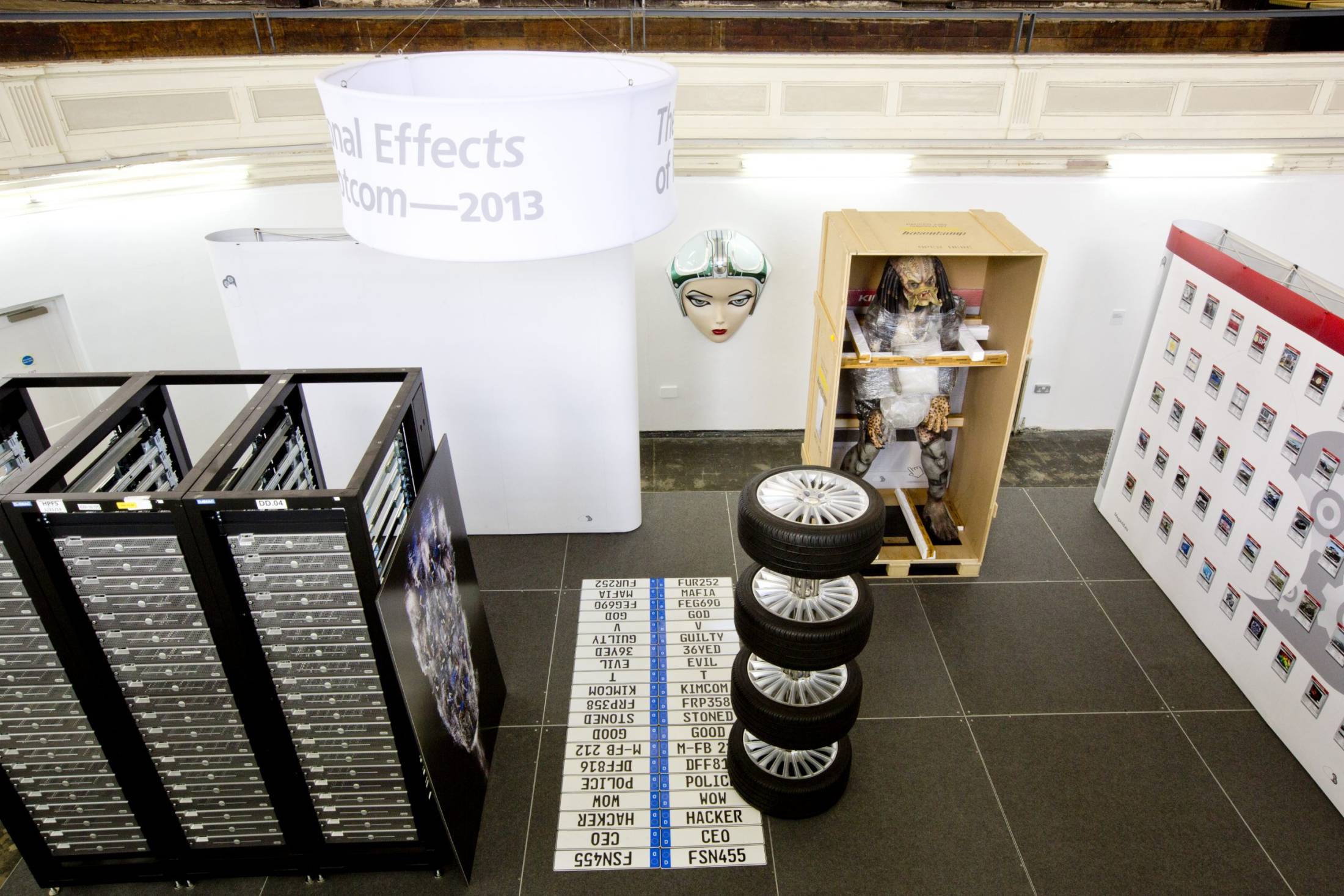The legal issues that arose around Kim Dotcom’s file-sharing site Megaupload – once one of the most popular platforms for data exchange on the Internet – sparked questions about the ownership and transfer of data and the possibility its regulation under international law when, in January 2012, Megaupload and its sister site Megavideo were closed down following investigations by the New Zealand police, working closely with the US FBI. Dotcom was criminally indicted by the U.S. Department of Justice for “perpetrating large-scale copyright infringements and laundering vast sums of money, with a total damage of more than 500 million US dollars.”
When the New Zealand police raided German-born Dotcom’s Coatesville mansion, arresting him and closing down his websites, they seized a number of objects in his possession including USD $175 million in cash, 60 Dell servers, 22 luxury cars, and numerous works of art. The legitimacy of this police operation has since come into question as the crimes of which Dotcom is accused are caught in murky questions of national borders, legal systems, data flows, and what it means to steal. The material seized from Dotcom is appropriated once again as the subject matter for The Personal Effects of Kim Dotcom, where all 110 seized items listed on the Megaupload indictment are recreated in the gallery space as graphic labels and physical stand-ins – layering back onto these questions of privacy, sovereignty, distribution, and ownership.
Exhibitions
-
 Adam Art Gallery, Wellington, NZ2014
Adam Art Gallery, Wellington, NZ2014The Personal Effects of Kim Dotcom
-
 Firstsite, Colchester, GB2014
Firstsite, Colchester, GB2014The Personal Effects of Kim Dotcom
-
 mumok, Vienna, AT2013
mumok, Vienna, AT2013The Personal Effects of Kim Dotcom
-
 13th Biennale de Lyon, Lyon, FR2015
13th Biennale de Lyon, Lyon, FR2015La vie moderne
-
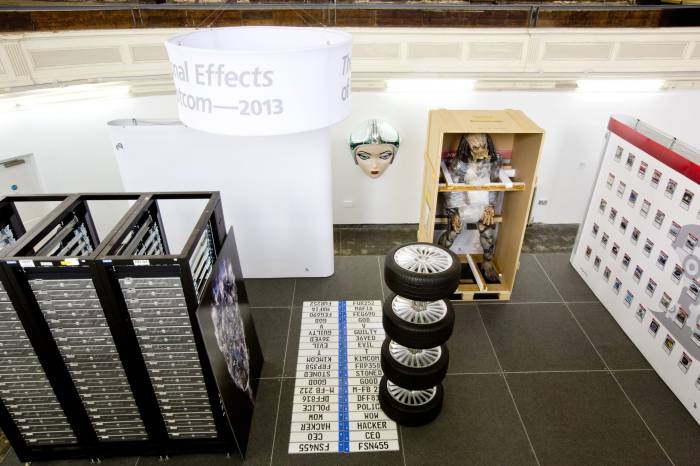 Zabludowicz Collection, London, UK2016
Zabludowicz Collection, London, UK2016Emotional Supply Chains
-
 Aksioma, Ljubljana, SVN2016
Aksioma, Ljubljana, SVN2016The Black Chamber
-
 Kunsthalle Sankt Gallen, Gallen, CH2014
Kunsthalle Sankt Gallen, Gallen, CH2014The Darknet – From Memes to Onionland. An Exploration


